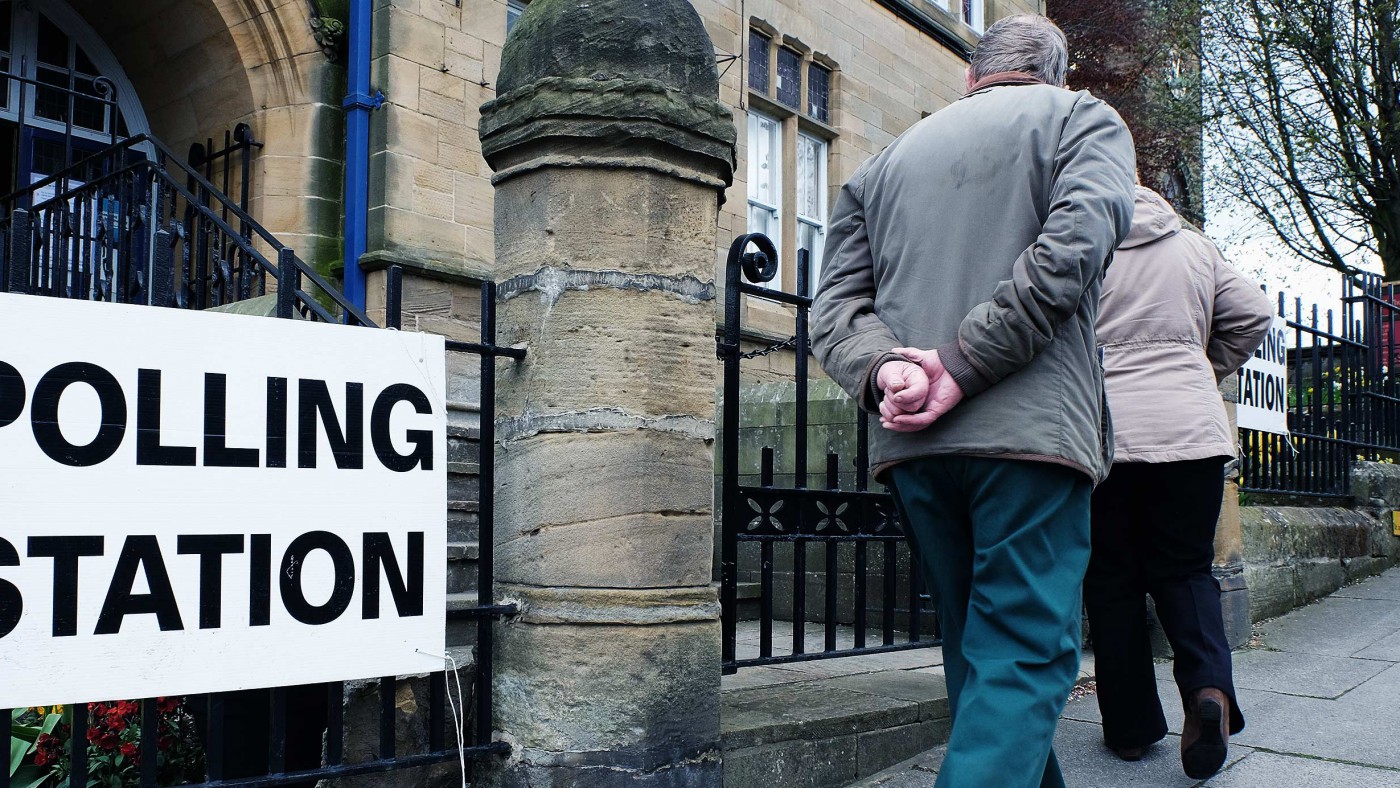Answer: very. From neck-and-neck and the inevitability of a messy hung parliament, to a Tory majority (no Lib Dem coalition needed, thank you very much), the polls got it just about as wrong as is possible, at least in England.
The BBC poll tracker, which I have spent every morning for the past month obsessively analysing, closed on the following results:
Conservative: 34%
Labour: 33%
UKIP: 13%
Lib Dem: 8%
Green: 5%
Other (notably including the SNP): 6%
Now all the results are in, how does that compare to reality?
Conservative: 36.9%
Labour: 30.5%
UKIP: 12.6%
Lib Dem: 7.8%
Green: 3.8%
SNP: 4.7%
[Others: 3.7%]
So a 1 point Tory lead in the polls turned into a 6.4% lead on the night. That in itself should make us doubt the accuracy of the polls we’ve been fixated on. But the seat predictions vs. reality is even more shocking.


Not a single pollster predicted that a majority government was possible. Even another coalition with the Lib Dems wouldn’t be enough for a clear Tory win (and that’s anticipating over three times the seats for the Lib Dems than what they actually achieved). When the exit polls announced 316 Conservative seats at 10pm, no one believed it could actually happen. And then the Tories won an extra 15 seats on top of that.
So what went wrong? Peter Kellner, the President of YouGov, didn’t have much insight for us last night, as CapX Editor Iain Martin pointed out on our live blog:
02:04
Car crash TV from pollster Peter Kellner there on the BBC when pressed to explain how pollsters seem to have got it so wrong. No-one was predicting this, he says. Er… pollsters were the ones hoovering up money for months and saying what was going on.
Was the issue the voters, or the organisation of the polls? Did people hide their intentions to vote Conservative, or was there a last-minute Tory swing? Is it even possible to plan an accurate poll when so many people no longer have landlines, and online surveys are entirely self-selecting?
These are questions the media has been fixating on today, from Politico to Bloomberg, the Guardian to the Financial Times. Even Nate Silver, the election prediction guru, is at a loss.
Labour, the Lib Dems, and UKIP all lost out big last night, and Britain is now down three opposition party leaders. But whatever the reason, the greatest failure of the 2015 General Election lies not with them (or with Ed Balls, Danny Alexander, Vince Cable or Jim Murphy, all of whom lost their seats), but with the polls.


